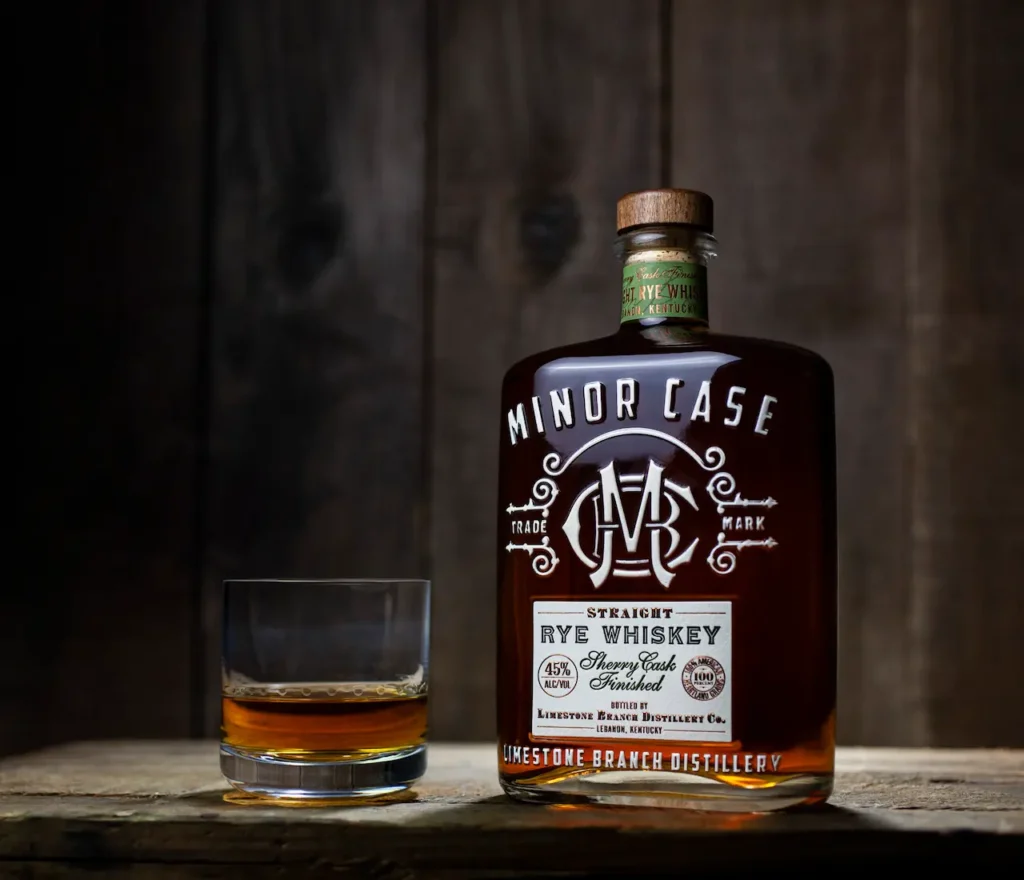Bourbon may be considered America’s whiskey and holds status as the most popular whiskey in the country, but it wasn’t the first American whiskey. That honor goes to rye whiskey.
Let’s discuss the history of rye and what makes it different from other whiskeys.
The Storied Past and History of Rye Whiskey
Rye whiskey can be traced back all the way to 1750 — several decades before the invention of bourbon whiskey. Rye whiskey was created in Pennsylvania when farmers and immigrants attempted to create whiskeys similar to what they would’ve enjoyed in their home countries. Since rye grew well in the Mid-Atlantic climate of Pennsylvania and neighboring states, rye became the grain of choice for these small-time distillers.
However, thanks to their skill with a still, they would not stay small for long. Rye whiskey quickly became the drink of choice for early Americans, particularly after the Revolutionary War, when Americans lost access to spirits produced elsewhere (like rum, which was hugely popular in Colonial America) and needed to rely on their own supply.
So just how popular was rye whiskey in the late 1700s?
George Washington was the proud owner of a rye whiskey distillery with five stills and the capacity to produce 11,000 gallons of whiskey per year. And if the president’s involvement in the rye whiskey industry isn’t enough to convince you of early America’s love for the stuff, just consider how rye whiskey performed compared to bourbon in the early 1800s.
In 1810, Kentucky produced 2.2 million gallons of bourbon; Pennsylvania produced nearly three times as much rye whiskey. Additionally, in the early 1800s, it’s estimated that one Pennsylvania county alone produced enough rye whiskey to give a whole barrel to every two people in the United States.
However, rye whiskey would eventually decline in popularity, and Prohibition didn’t help its cause. Because rye whiskey wasn’t easy to make, it didn’t fare well with bootleggers who still operated spirit-forward businesses outside the law.
In fact, rye whiskey didn’t regain its popularity until recently, over 200 years later. The growing interest in whiskey, especially craft whiskeys, has brought the once-dominant libation back to life. Today, discerning whiskey fans are giving new life to rye whiskey, and savvy distilleries and bartenders are taking advantage. You can find rye whiskey-based cocktails at most bars and even partake in rye whiskey-based tourism by visiting a recreation of George Washington’s original distillery.
What Makes Rye Whiskey Different?
But is rye whiskey all that different from bourbon whiskey? The short answer is yes. Check out this blog for a longer, more detailed answer, though!
Just like bourbon, rye whiskey follows a unique recipe. Rye whiskey must be made from a mash bill of at least 51% rye grain. Additionally, it must be bottled at a minimum of 40% ABV or 80 proof.
Rye whiskey isn’t as popular to drink neat as other whiskeys, but it makes a great addition to cocktails that benefit from rye whiskey’s subtly spicy flavor profile.
Canadian rye whiskey isn’t held to the same standards, so a bottle of Canadian rye may not have a majority rye mash bill, and, in some instances, you may find that Canadian rye whiskey doesn’t even contain rye at all.
Where Minor Case Comes In
Minor Case Straight Rye Whiskey boasts roots that are nearly as deep as the history of rye whiskey overall. Minor Case’s namesake, M.C. Beam, began distilling in the late 1870s, seeing success in the industry until Prohibition. We like to think that our Minor Case Straight Rye Whiskey would have been identical to what he would’ve served in the 19th century.
Minor Case Rye Whiskey is finished in sherry casks to provide an unforgettable flavor and set it apart from other rye whiskeys on the shelf. It offers earthy notes on the nose, a hint of sweet butterscotch on the palate, and the finish is smooth with hints of dried fruits.
It also makes a killer old-fashioned like the one we serve at Minor’s Lounge Craft Cocktail Bar!
If you’re ready to learn more about rye and the history of Minor Case, visit the Limestone Branch Distillery.
You can also find Minor Case Rye Whiskey on liquor shelves nationwide.

